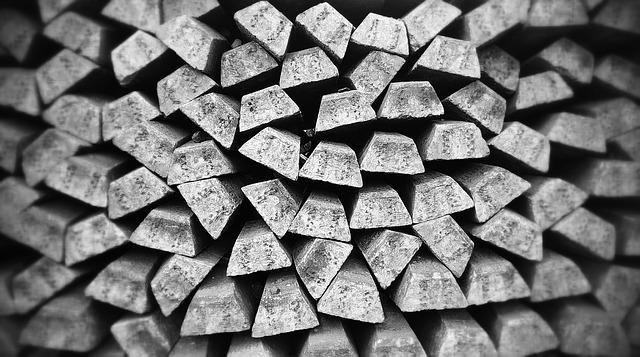There is no one-size-fits-all approach to commodity trading. Different traders will have different strategies that work best for them. However, there are some general principles that all successful traders follow. This blog post will discuss five of the most successful commodity trading strategies and how you can apply them to your own trading!
Inflation is one of the most significant reasons for commodity price fluctuations. In a healthy economy, small inflation indicates an increase in demand for commodities, which results in higher prices. This is true for the majority of agricultural and industrial goods. Macroeconomic data streams such as the Federal Reserve’s interest rate changes, employment indicators, factory surveys, and service survey results impact commodity pricing.
Bulk demand and supply impact the prices of many goods. The Chinese market, for example, accounts for 50% of usage and has a big influence on industrial metal costs. OPEC activities and US inventory levels also influence crude oil costs.
Treat Leverage With Caution
Commodity trading, like stock trading, has a high degree of leverage. The margin needed to complete a transaction is known as leverage. Index future margins range from 10% to 15%, whereas stock futures need about 15%. However, in commodity trading, leverage might be up to 16 times greater. If you put a cover order for one with a stop loss, you can also increase it.
Investors may be enticed to the commodity market by its leverage and get involved in order to gain large returns with a minimal investment. Leverage, on the other hand, comes with two faces: if not properly handled, it can have disastrous results.
Before trading in the commodity market, it’s vital to understand the benefits and drawbacks of leverage.
Be familiar with volatility
Volatility is an inescapable fact of a trader’s existence. Perhaps the most crucial market trading advice is to understand and capitalize on volatility. Some commodities are more volatile than others (such as copper or agricultural products), while others are less so (such as gold, crude oil, and other commodities). Low-volatility commodities have a logical pattern over time in the overall trend. Oil prices have plummeted, and they’ve stayed low for an extended period of time during COVID-19. These times are especially beneficial to commodity market speculators.
Before you look at alternatives, you should have a basic feel for the commodity’s long-term trend and price range. Traders who aren’t very experienced also use lot sizes, depending on their margin status. When experts calculate lot sizes, volatility rather than margin is considered.
Novices should start with low-volatile commodities before moving on to high-volatility ones. Once you’ve mastered price fluctuations, the market signals provided by your broker will be more meaningful.
Find the Best Broker for You
Not all brokers are created equal. Some cater to experienced traders, while others focus on providing services to novice investors. It is essential to choose a broker that best suits your needs as a commodity trader.
The first step is to identify what you need from a broker. Do you want someone who will provide market analysis and signals, or do you just need someone to execute your trades?
Once you know what you need, research different brokers and compare their offerings. Be sure to read reviews from other traders before making your decision.
The most important thing is finding a broker you trust and with whom you feel comfortable working with.
When it comes to commodity trading, there is no one-size-fits-all strategy. The best approach is to tailor a plan to fit your individual goals and risk appetite.
By following the tips in this article, you will be well on your way to success in the commodity market.












